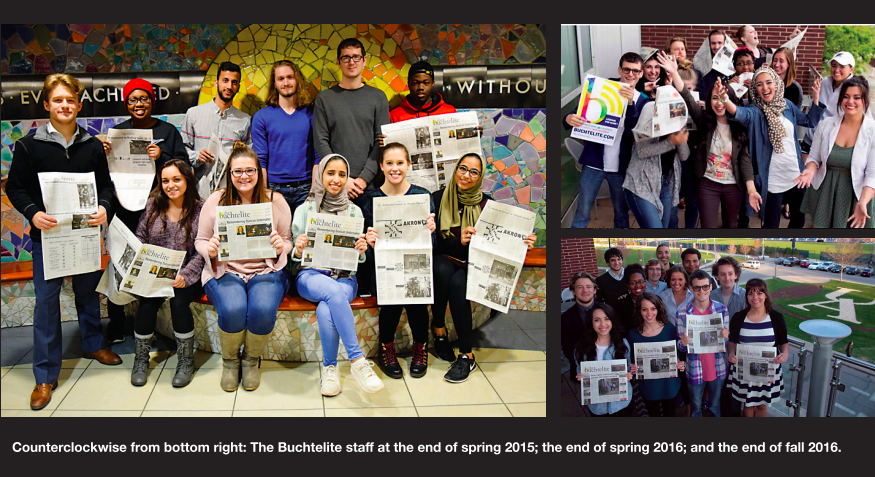“The man who coined the term Ebonics in 1973 spoke to a packed room Monday morning at the University of Akron. Psychologist Robert L. Williams kicked off the Fall Colloquium Series, presenting Unmasking some origins of racism. The series is sponsored by the Archives of the History of American Psychology.”
“
The man who coined the term Ebonics in 1973 spoke to a packed room Monday morning at the University of Akron.
Psychologist Robert L. Williams kicked off the Fall Colloquium Series, presenting Unmasking some origins of racism. The series is sponsored by the Archives of the History of American Psychology.
Williams opened his lecture by asking the audience to help pave the way for future generations by ensuring racial equality.
However, Williams went on to say that racial equality may not be possible in this lifetime; in fact, it could take 50 years, or it could take 200 years. However long it takes, it would take a deliberate effort to eliminate racism, he said.
Among the many anecdotes Williams shared during his lecture was one that dealt with his own experience with racial inequality. In high school, Williams was told by a guidance counselor that he was not college material.
He went on to earn a bachelor’s degree from Philander Smith College in Little Rock, Ar., a master’s in education from Wayne State University in Detroit and a doctorate from Washington University in St. Louis. He was also fifth in his graduating class at Philander Smith.
Williams has published three books, and his fourth book, The History of Black Psychology, will be published by the end of this year. He is also working on an autobiography, tentatively titled From the Cotton Shack to Cadillac.
During the lecture, Williams spoke about the possibility of erasing the color line in America. There is no clear answer to this, according to Williams.
As we eliminate one form of racism, another one springs up.
Racism is an embedded element of American culture.
Even though racism is a part of American culture, Williams does not think it will be in a permanent part of our culture. Racism, he said, has a foreseeable end.
In order for this to happen, though, We cannot continue to blame, we need to seek solutions, Williams said.
“

